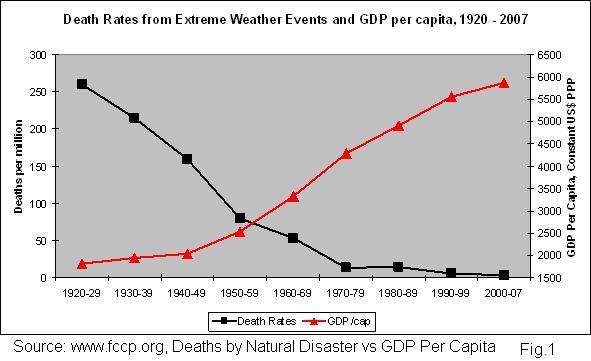Globalisation:International Policy Network: Views on climate change
Return to Globalisation:International Policy Network
Views on climate change
“Julian Morris, director of IPN in London, has argued for many years that climate change is a hoax.”[1]
In a letter by Julian Morris to the Toronto Star, in response to their editorial titled “Time for the World to Unite on Climate Change” (7 December), Morris states that “Poverty largely results from government policies which hinder people from generating wealth and prosperity. Tragically, the leaders of poor countries invoke the climate change scapegoat to explain hunger, sickness and climate vulnerability.” This is a response to the Toronto Star’s statement that climate change will “ravage our planet, and with it our prosperity and security”. Morris implies in this letter that climate change is not the cause of poverty, it is merely a scapegoat used by governments. [2] Furthermore, IPN argues that “attempts to prevent (or mitigate) man-made climate change are a waste of money. It would be better to let it happen and adapt to its effects.” [3]
Critics say that this response if fuelled by donations from companies such as Exxon, who would financially suffer from the actions taken to control climate change. IPN state that, with regards to climate change, “attempting to control it through global regulation of emissions would be counterproductive” [4] The Network published a book this year arguing that "humanity has until at least 2035 to determine whether or not mitigation will also be a necessary part of our strategy to address climate change". [5] Before the Kyoto Protocol took force the IPN funded a poll from which they claimed that 57% of the UK’s population believe the UK should not implement Kyoto if it will harm Britain's economy and 70% believe that Britain should pursue alternative, less costly strategies. They claimed that “studies show that as Kyoto is implemented during 2008-2010, it is likely to harm Britain's economy by increasing the price of electricity, fuel and consumer goods, leading to slower economic growth and higher operating costs for employers, and causing job losses”[6] The IPN’s Julian Morris recently wrote an article regarding the drought in Russia and floods in China and Pakistan, all of which have been largely blamed on Climate Change. He disregards this however, by stating that these natural disasters can be traced to solar activity and “jet-streams” of wind in the atmosphere rather than any human emission of green house gasses. He further states that deaths by natural disasters are not rises, as many scientists claim, but in fact they have remained at a constant low since the 1970’s. A graph (Figure 1) published by IPN shows the relationship between deaths caused by natural disasters and GDP per Capita. Morris uses this trend to back up IPN’s theory that Aid should be replaced by economic development so that the next time developing countries “are struck by a natural disaster, people will be better able to cope, and fewer will suffer and die.”[7]
Notes
- ↑ David Cronin, “Who Pays To Deny Climate Change”, Truth Out, 3 October 2010, accessed 19.10.10
- ↑ Julian Morris, “Leaders must confront poverty as well as climate change in Copenhagen”, International Policy Network, 11 December 2009, accessed 19.10.10
- ↑ George Monbiot, “Pundits who contest climate change should tell us who is paying them”, The Guardian, 26th September 2006, accessed 26.10.10
- ↑ George Monbiot, “Pundits who contest climate change should tell us who is paying them”, The Guardian, 26th September 2006, accessed 26.10.10
- ↑ George Monbiot, “How corporations have hijacked the climate change debate”, The Age, 27th September 2006, accessed 2.11.10
- ↑ Kendra Okonski, “UK public sceptical of Kyoto Protocol”, Cambridge Conference Correspondence, 3rd December 2003, accessed 9.11.10
- ↑ Julian Morris, “Economic Freedom the Key to Surviving Catastrophe”, IPN Development, 27th August 2010, accessed 16.11.10
